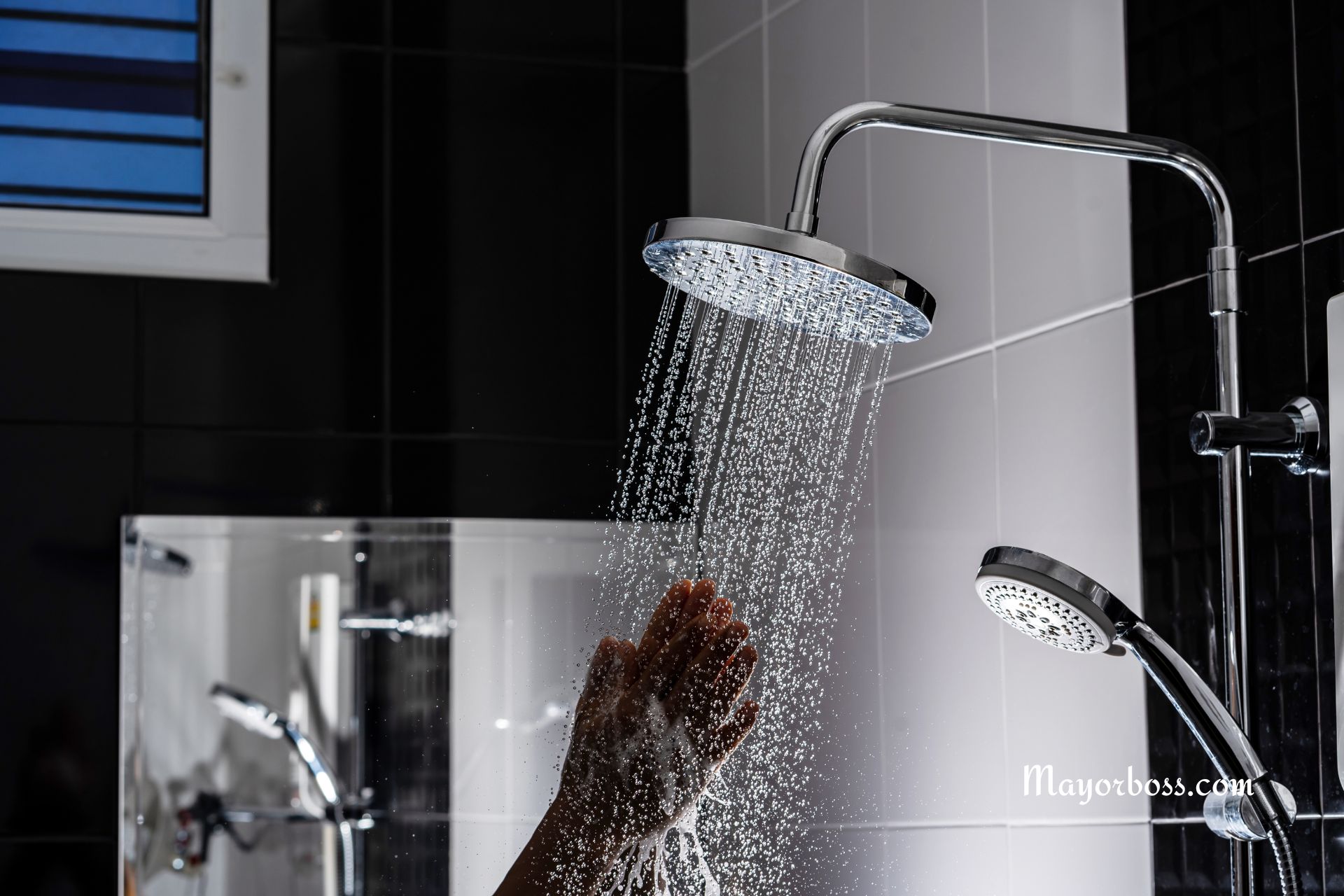Warning Signs of Sleep Apnea
Sleep apnea is a common sleep disorder that can have profound health implications if left untreated. In particular, obstructive sleep apnea (OSA) is the most prevalent type, affecting millions of people in the United States. In fact, according to The National Council on Aging (NCOA), “Approximately 39 million U.S. adults have obstructive sleep apnea (OSA).”
The condition disrupts breathing during sleep, leading to poor sleep quality and, over time, potential health risks. However, many individuals remain unaware they suffer from this condition. Knowing the warning signs of sleep apnea is essential, and it’s critical to work with a doctor to get the proper diagnosis and treatment.
Scroll through below to learn about the warning signs of sleep apnea and what steps you should consider if you suspect you may have this condition.

When You Experience Loud and Chronic Snoring
Loud snoring is one of the most common signs of sleep apnea, especially obstructive sleep apnea (OSA). This happens when the muscles at the back of the throat relax too much, causing a partial blockage of the airway. When air tries to pass through the blocked airway, it creates vibrations, which result in snoring. Experts explain that while not everyone who snores has sleep apnea, if the snoring is persistent, extremely loud, and accompanied by other symptoms, it could indicate the presence of this condition.
If your partner or family members often complain about your snoring, it’s time to talk with a doctor. They may recommend a sleep study or a home sleep test to determine if you have sleep apnea.
You Gasp or Choke While Sleeping
Another warning sign of sleep apnea is gasping, choking, or making abrupt sounds during sleep. When the airway becomes blocked, the body responds by partially waking up to reopen the airway, thereby leading to gasping or choking. In fact, these episodes can occur several times throughout the night, disrupting sleep without the person even realizing it.
According to Dr. Iroko Anita (a certified medical doctor), gasping or choking in sleep is a serious sign that should prompt you to seek medical advice. This symptom indicates that your body is struggling to maintain normal breathing, which can lead to various health problems if not addressed.
Feeling Excessively Sleepy During the Day
Although everyone experiences tiredness now and then, excessive daytime sleepiness can be a red flag for sleep apnea. Basically, because sleep apnea repeatedly interrupts your breathing during the night, your body fails to get adequate, restful sleep. This leaves you feeling groggy, drowsy, and mentally foggy during the day.
MedlinePlus points out that individuals with sleep apnea often struggle with maintaining alertness, concentrating, or even staying awake in situations like watching TV, reading, or sitting in a meeting. If you find yourself constantly battling fatigue, it’s critical to work with a doctor to explore the root cause.
Morning Headaches That Are Hard to Explain
Morning headaches are a lesser-known sign of sleep apnea but can affect many individuals with the condition. These headaches are often the result of low oxygen levels and fluctuating carbon dioxide levels during sleep due to obstructed breathing. Typically, these headaches are dull and occur right after waking up, and they usually disappear within a few hours.
If you consistently wake up with unexplained headaches, this could be your body’s way of signaling that something is wrong with your breathing while you sleep. In such cases, seeking a doctor’s advice could lead to a clearer understanding of what’s going on.
You Wake Up With a Dry Mouth or Sore Throat
Waking up with a dry mouth or sore throat is another common sign of sleep apnea. This occurs because individuals with sleep apnea often breathe through their mouths during the night as the airway becomes blocked. Mouth breathing dries out the tissues in the mouth and throat, resulting in discomfort upon waking.
Doctors have noted that frequent occurrences of dry mouth or sore throat in the morning could indicate a sleep disorder. If this symptom resonates with you, consider making an appointment with a doctor for a proper evaluation.
Struggling With Mood Changes and Irritability
When sleep apnea disrupts your nightly rest, it can take a toll on your mood and emotional well-being. Sleep is essential for regulating mood, so lack of quality sleep often results in irritability, mood swings, and even feelings of depression or anxiety.
Experts say that if you notice significant changes in your mood, particularly if these coincide with other sleep-related symptoms, it’s time to speak with a doctor. They may suggest undergoing a sleep study to investigate potential sleep disturbances.
Noticing a Drop in Your Concentration or Memory
Sleep apnea can affect cognitive functions like memory, focus, and decision-making abilities. When your brain doesn’t get enough oxygen during the night due to obstructed breathing, it impacts its ability to function optimally. Consequently, you might find it hard to remember things, struggle with concentration, or even experience mental fog throughout the day.
In fact, according to a study report in the Brain Sciences, “More than 40% of patients with OSAS have mild cognitive impairment, such as forgetfulness, difficulty concentrating, and abnormal decision-making ability, all of which affect the quality of life for patients,” the report says. “The more severe the degree of OSAS, the greater the possibility of cognitive impairment.”
If these issues become more frequent, consider consulting with a doctor. They might recommend a home sleep test to check for sleep apnea.
Frequent Need to Urinate at Night (Nocturia)
Although it might seem unrelated, the frequent need to urinate at night, known as nocturia, can be associated with sleep apnea. When breathing is disrupted during sleep, it triggers a response from the body that can increase urine production. This leads to more frequent nighttime trips to the bathroom, further interrupting your sleep.
The presence of nocturia, along with other sleep apnea symptoms, should be discussed with a doctor. They might suggest a sleep study to identify the cause of these disturbances.
Observing Pauses in Breathing During Sleep
One of the clearest signs of obstructive sleep apnea (OSA) is observed pauses in breathing while you sleep. Often, it’s a sleep partner who notices these interruptions, as the person with sleep apnea typically remains unaware. These breathing pauses can last from a few seconds to over a minute and may occur multiple times throughout the night.
If someone has told you about these pauses, it’s critical to work with a doctor to determine the next steps. A sleep study can provide detailed insights into the severity of the problem and guide proper treatment.
What to Do if You Suspect Sleep Apnea
If any of these warning signs sound familiar, the first step is to consult with a doctor. A proper diagnosis is crucial because sleep apnea is not something to ignore. Untreated sleep apnea can lead to serious health problems, including high blood pressure, heart disease, diabetes, and stroke.
A doctor may recommend a sleep study, which involves monitoring your sleep in a clinical setting, or a home sleep test for more convenient evaluation. Based on the results, they can suggest the most suitable treatment options, such as lifestyle changes, continuous positive airway pressure (CPAP) therapy, or other interventions.
The Takeaway
Sleep apnea is a serious sleep disorder that affects many people, but recognizing the warning signs is the first step to managing it. Symptoms like loud snoring, gasping during sleep, excessive daytime sleepiness, morning headaches, and mood changes can all point to sleep apnea. It’s critical to work with a doctor if you notice these signs because early diagnosis and treatment can significantly improve your health and quality of life.






